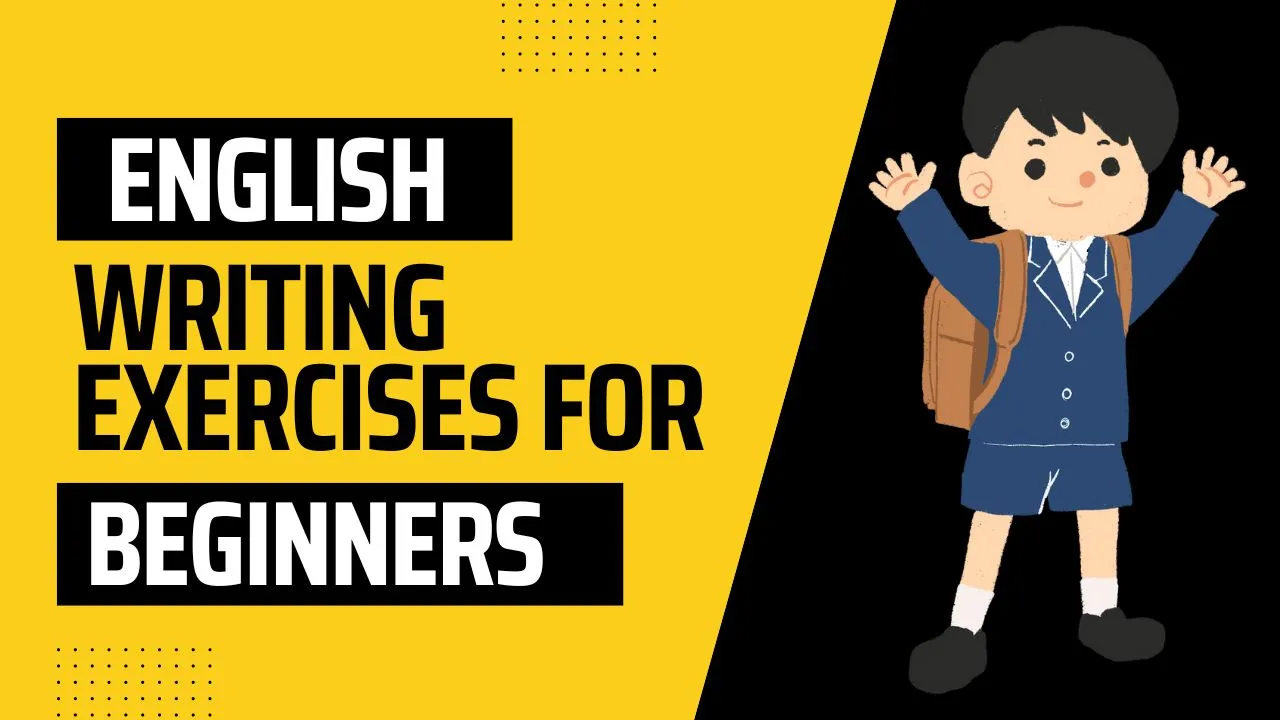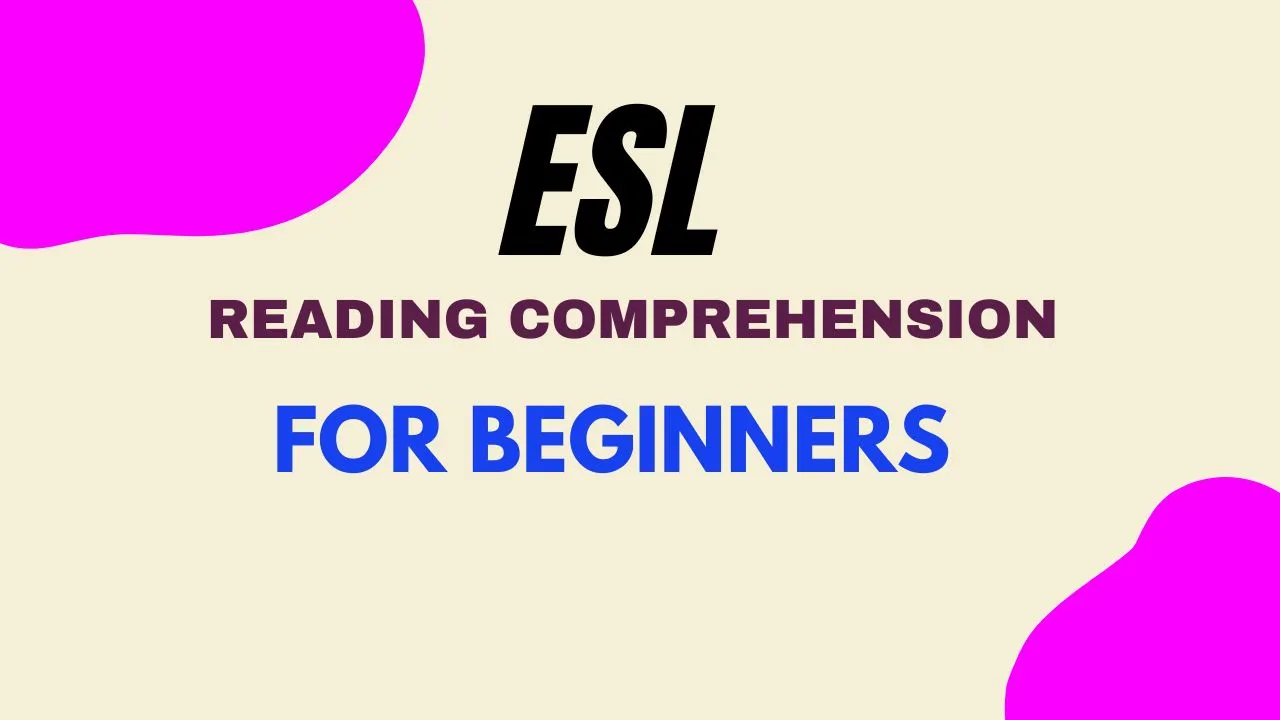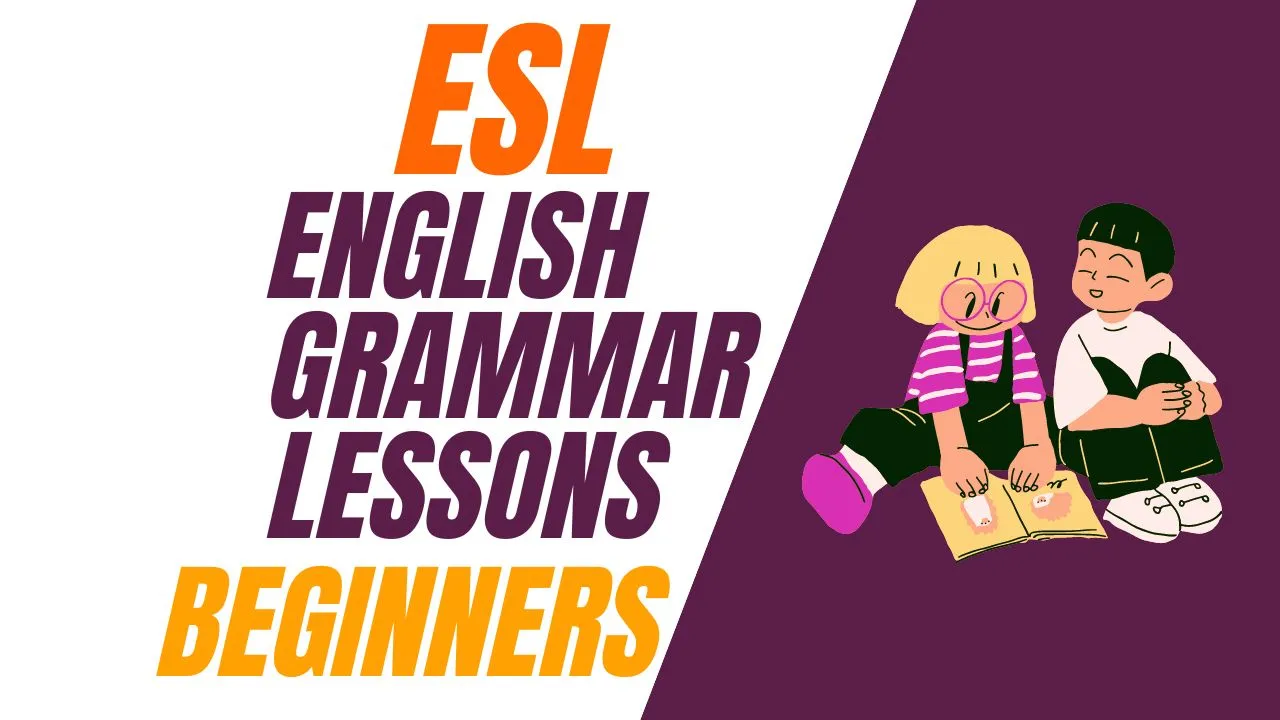Writing is not just a skill; it’s an art that evolves with practice. For beginners, embarking on the journey of writing can be both exciting and daunting. This article will guide you through various writing exercises for beginners, ensuring a gradual and enjoyable development of your writing prowess.
Benefits of Writing Exercises for Beginners
Enhancing Creativity
Engaging in writing exercises sparks creativity by encouraging you to think outside the box. Whether it’s inventing characters or describing imaginary worlds, these exercises push your creative boundaries.
Improving Writing Skills
Consistent writing exercises refine your language and storytelling skills. From constructing compelling sentences to organizing thoughts, each exercise contributes to your overall improvement as a writer.
Boosting Confidence
As a beginner, building confidence is crucial. Writing exercises provide a safe space to experiment, make mistakes, and learn from them. This boosts your confidence to tackle more complex writing challenges.
People also ask
| Conversation and Speaking |
| ESL Speaking Questions for Beginners |
| ESL Conversation Topics for Beginners |
| ESL Conversation Topics for Intermediate Students |
| 26 Engaging ESL Conversation Topics for Adults 2024 |
| Daily English Writing Practice |
| 19 Exercises Tips to Improve English Writing Skills |
| 13 Writing Exercises for Beginners in English 2024 |
Types of Writing Exercises for Beginners
Prompts and Inspiration
Start with prompts that ignite your imagination. These can be single words, images, or even phrases that serve as a springboard for your writing journey.
Freewriting Sessions
Allow your thoughts to flow freely without the constraints of structure or grammar. Freewriting helps overcome self-doubt and encourages a more spontaneous writing style.
Creative Constraints
Setting limitations, such as word count or specific themes, challenges you to be inventive within defined parameters. This sharpens your ability to convey ideas concisely.
Tools for Writing Exercises
Digital Platforms
Explore online writing communities, where you can find prompts, share your work, and receive feedback. Digital platforms also offer writing apps tailored for various exercises.
Pen and Paper
The simplicity of pen and paper can be liberating. Use this traditional method to disconnect from screens and tap into a more tactile writing experience.
Writing Apps
Discover a plethora of writing apps designed for exercises, offering features like timers, prompts, and progress tracking. These apps can make your writing routine more organized and enjoyable.
Creating a Writing Routine
Consistency is Key
Establish a consistent writing routine. Whether it’s daily or weekly, regular practice is essential for skill development and maintaining momentum.
Finding the Right Time
Identify when your creative energy is at its peak. Some writers thrive in the early morning, while others find inspiration in the quietude of the night.
Setting Realistic Goals
Set achievable writing goals. It could be a specific word count, completing a short story, or experimenting with a new writing style. Realistic goals foster a sense of accomplishment.
Connecting with Writing Communities
Online Forums for Worksheet Sharing
Join online writing forums where beginners can share their completed worksheets. This collaborative approach fosters a sense of community and shared learning.
Virtual Writing Circles with Worksheets
Organize virtual writing circles where participants can discuss their worksheet experiences. This interactive format enhances engagement and motivation.
Worksheet Challenges and Competitions
Host worksheet challenges or competitions within writing communities. This not only adds a fun element but also motivates beginners to excel in their exercises.
Measuring Progress with Worksheets
Worksheet Portfolio
Encourage beginners to maintain a worksheet portfolio. This collection showcases their journey, serving as a tangible representation of progress.
Self-Assessment Worksheets
Include self-assessment sections in worksheets. Beginners can evaluate their performance, identify areas for improvement, and set goals for future exercises.
Certificate of Completion
Recognize the completion of a set of worksheets with certificates. This acknowledgment boosts confidence and acknowledges the effort put into the learning process.
Overcoming Writer’s Block
Embracing Imperfection
Accept that not every piece of writing will be perfect. Embracing imperfection allows you to move past the fear of creating subpar work.
Taking Breaks
When faced with a creative block, taking short breaks can be rejuvenating. Stepping away and returning with fresh eyes often leads to breakthroughs.
Seeking Inspiration
Explore various sources of inspiration, from nature walks to reading diverse literature. External stimuli can reignite your creativity.
Guidelines for Effective Writing Exercises for Beginners
Consistency in Practice
Emphasize the importance of consistent practice with worksheets. Regular engagement leads to gradual improvement in writing skills.
Review and Reflection
Encourage beginners to review completed worksheets periodically. Reflection on their progress enhances self-awareness and encourages continuous learning.
Variety in Exercises
Provide a variety of writing exercises with corresponding worksheets. Diverse tasks keep learning interesting and challenge beginners to explore different aspects of writing.
Connecting with Writing Communities
Online Forums
Join online writing forums where you can share your exercises, receive feedback, and engage with fellow writers. Connecting with a community fosters a supportive writing environment.
Local Writing Groups
Explore local writing groups or workshops. Personal interactions with fellow writers can provide valuable insights and encouragement.
Workshops and Events
Participate in writing workshops or events. These platforms offer opportunities to learn new techniques, receive guidance, and network with experienced writers.
Measuring Progress
Tracking Word Count
Monitor your word count to track your progress over time. Witnessing tangible growth in the number of words you produce is motivating.
Assessing Improvement
Regularly assess your writing skills. Compare your recent work with earlier pieces to identify improvements and areas that need further development.
Celebrating Milestones
Celebrate milestones, whether it’s completing a challenging exercise or receiving positive feedback. Acknowledging achievements keeps you motivated.
Common Pitfalls to Avoid
Procrastination
Combat procrastination by setting deadlines and breaking down exercises into manageable tasks. Consistent effort is key to overcoming this hurdle.
Overthinking
Avoid overthinking your writing. Trust your creativity, and remember that perfection is a journey, not a destination.
Fear of Criticism
Embrace constructive criticism as a tool for growth. Overcoming the fear of criticism is essential for evolving as a writer.
Famous Authors and Their Writing Exercises
Stephen King’s Daily Routine
Explore Stephen King’s disciplined writing routine, emphasizing the importance of consistent practice and a dedicated writing space.
J.K. Rowling’s Writing Habits
Learn from J.K. Rowling’s commitment to her craft, including her perseverance through rejection and the value of embracing failures.
Incorporating Feedback
Seeking Constructive Criticism
Actively seek feedback from peers, mentors, or writing groups. Constructive criticism helps refine your writing style and address blind spots.
Revising and Editing
Master the art of revising and editing. A well-edited piece showcases your commitment to quality and attention to detail.
Writing Exercises for Various Genres
Fiction
Experiment with character development, plot structures, and creating immersive settings. Fiction exercises allow you to unleash your imagination.
Here are five beginner-friendly fiction writing exercises to help kickstart your creative journey:
Character Snapshot:
Create a brief character sketch for a protagonist. Include details like name, age, occupation, and one unique trait or quirk. Consider what motivates this character and how they might react in different situations.
Setting Exploration:
Develop a vivid description of a fictional setting. Consider the time period, climate, and the overall mood of the place. Think about how the setting can influence the characters and the events in your story.
Dialogue Challenge:
Write a dialogue-only scene between two characters. Focus on conveying emotions, tone, and character relationships through their spoken words. Avoid using any narration or description.
Flash Fiction Sprint:
Set a timer for 10 minutes and write a complete story in that time frame. Focus on a single, impactful moment or event. This exercise encourages brevity and creativity within a limited timeframe.
Plot Twist Experiment:
Take a familiar fairy tale or classic story and give it a modern or unexpected twist. How would the narrative change if the roles or outcomes were different? This exercise helps in understanding the impact of unexpected plot elements.
Poetry
Delve into the world of poetry with exercises focusing on rhythm, metaphors, and expressing emotions through carefully crafted verses.
Here are five poetry exercises for beginners to help you explore the beauty of language and express your thoughts and emotions:
Free Verse Experiment:
Try writing a free verse poem, which doesn’t follow a specific rhyme scheme or meter. Allow your words to flow naturally, expressing your thoughts and feelings without the constraints of structure.
Concrete Poetry Challenge:
Create a visual poem where the arrangement of words on the page reflects the theme or subject of the poem. Use the shape of the words to enhance the meaning.
Persona Poem Exercise:
Write a persona poem where you adopt the perspective of an object, an animal, or even an abstract concept. Explore the world through the eyes of your chosen persona.
Ekphrastic Poetry Task:
Choose a piece of visual art, whether it’s a painting, photograph, or sculpture, and write a poem inspired by the artwork. Capture the emotions or stories that the art evokes.
Non-Fiction
Hone your non-fiction writing skills by tackling topics with clarity and precision. Practice crafting engaging narratives based on factual information.
Here are five non-fiction writing exercises for beginners to help you explore the world of factual writing and storytelling:
Personal Narrative:
Write a short personal essay about a memorable experience or event in your life. Focus on conveying your emotions and reflections on the situation, creating a vivid and engaging narrative.
Interview and Profile:
Choose someone you find interesting, whether a friend, family member, or acquaintance, and conduct a brief interview. Use the information gathered to create a profile or character sketch, highlighting the individual’s unique qualities and experiences.
How-To Article:
Select a skill or hobby you are knowledgeable about and write a step-by-step guide on how to do it. This exercise helps you practice explaining concepts clearly and concisely.
Research and Report:
Pick a topic you are curious about and conduct some research. Write a short report summarizing the key findings. Practice presenting information in a structured and informative manner.
Opinion Piece:
Express your opinion on a current event, social issue, or topic of interest. Support your viewpoint with logical arguments and evidence. This exercise helps develop your ability to articulate thoughts persuasively.
Resources for Writing Exercises
Books
Explore books dedicated to writing exercises, offering a wealth of prompts, techniques, and advice from seasoned authors.
Online Courses
Enroll in online courses that guide you through structured writing exercises, providing expert-led instruction and valuable feedback.
Writing Challenges
Participate in writing challenges hosted by various platforms. These challenges often come with prompts and time constraints, pushing you to think on your feet.
Conclusion
Embarking on the journey of writing exercises is a transformative experience for beginners. Embrace the diverse exercises, stay consistent, and celebrate the small victories. Remember, the path to becoming a proficient writer is paved with exploration, resilience, and a love for the written word.
FAQs (Frequently Asked Questions)
How often should I do writing exercises as a beginner?
It’s advisable to start with a manageable frequency, such as a few times a week. Gradually increase as you become more comfortable with the routine.
What if I don’t like the genre suggested in a writing exercise?
Feel free to modify the exercise to suit your preferences. The goal is to enjoy the process and explore your creativity.
Can writing exercises help me overcome writer’s block?
Yes, engaging in different exercises can stimulate creativity and break through writer’s block by introducing new perspectives.
Are there writing exercises specifically for improving grammar skills?
Yes, some exercises focus on grammar improvement. However, it’s essential to balance grammar practice with overall writing development.
How do I join an online writing forum for feedback?
Search for reputable writing forums, create an account, and start engaging with the community by sharing your work and providing feedback to others.







